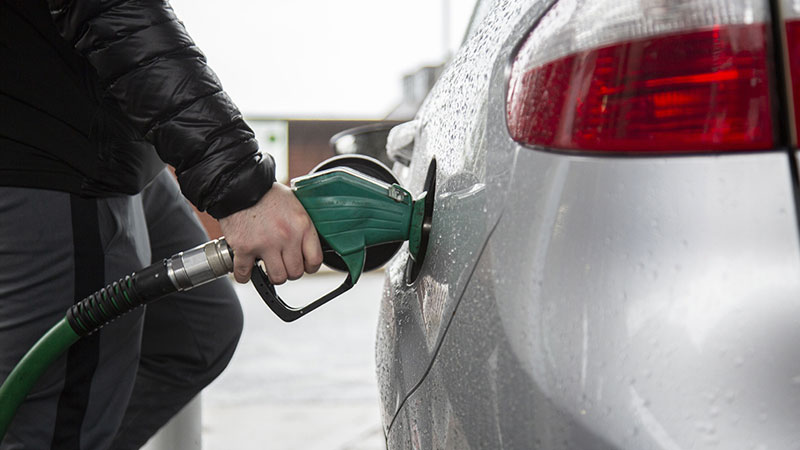
The US and UK are banning Russian oil, and the EU has pledged to end its reliance on Russian gas.
The BBC reports the announcements mark an escalation of the sanctions already imposed by Western powers since President Putin invaded Ukraine.
In response, Russia has banned the export of a number of foreign-made products.
Western countries have frozen the assets of Russia's central bank, limiting its ability to access US$630bn of its dollar reserves.
It has also been suspended from the central banks' organisation, the Bank for International Settlements - which central banks use to make transactions.
The US, EU and UK have banned people and businesses from dealings with Russia's central bank, its finance ministry and its wealth fund.
Selected Russian banks are also being removed from the international financial messaging system Swift, which enables the smooth transfer of money across borders. This will delay payments Russia gets for its energy exports.
The UK, EU, and US governments have imposed sanctions on several of the billionaire business leaders, known as oligarchs, who are perceived to be close to the Kremlin.
Assets belonging to Russian President Vladimir Putin and his Foreign Minister Sergei Lavrov which are held in the US, EU, UK and Canada will be frozen. The US has also imposed a travel ban on them.
The UK has sanctioned seven Russian billionaires, including Chelsea FC owner Roman Abramovich, freezing their assets and restricting their ability to travel.
The US has also targeted a similar list of oligarchs and officials, including business tycoon Alisher Usmanov.
Curbs on products that can be sent to Russia have been announced by the UK, EU, US and others.
These include dual-use goods - items that could have both a civilian and military purpose, such as chemicals or lasers.
The EU wants to make it impossible for Russia to upgrade its oil refineries. It is also banning the sale of aircraft and equipment to Russian airlines.
The US has joined the UK, EU and Canada in banning all Russian flights from its airspace. The UK has also banned private jets from third-party countries which have been chartered by Russians.
Belarus, which has been accused of helping Russia's invasion, is also facing sanctions from the EU, US and UK.
A growing number of international companies including McDonald's, Coca-Cola and Starbucks have suspended trading in Russia.
Universal Music Group has stopped operations and closed its offices in Russia.
Apple, Netflix, Zara, Mothercare, H&M and Jaguar Land Rover had already announced they would pause their activities.
Three of the Big Four accounting groups - KPMG, EY and PricewaterhouseCoopers (PwC) - have said they will no longer have a member firm in Russia, and leading law firm Freshfields says it will no longer work with any clients linked to the Russian state.
Russia has banned exports of more than 200 products until the end of 2022, in a bid to limit the impact of western sanctions.
It also more than doubled its key interest rate in an attempt to stem the decline of the rouble, which fell 30% against the US dollar after sanctions were introduced.
In addition it is blocking interest payments to foreign investors who hold government bonds, and banning Russian firms from paying overseas shareholders.
It has stopped foreign investors who hold billions of dollars worth of Russian stocks and bonds from selling those assets.
The EU is worried many wealthy Russians will convert their rouble savings into cryptocurrencies - such as Bitcoin - to get around the restrictions.
Many of the world's largest crypto exchanges are refusing to impose a blanket ban on Russian clients.
Russia has blocked British airlines from entering its airspace or landing at its airports.
[Source : BBC]
Stay tuned for the latest news on our radio stations

